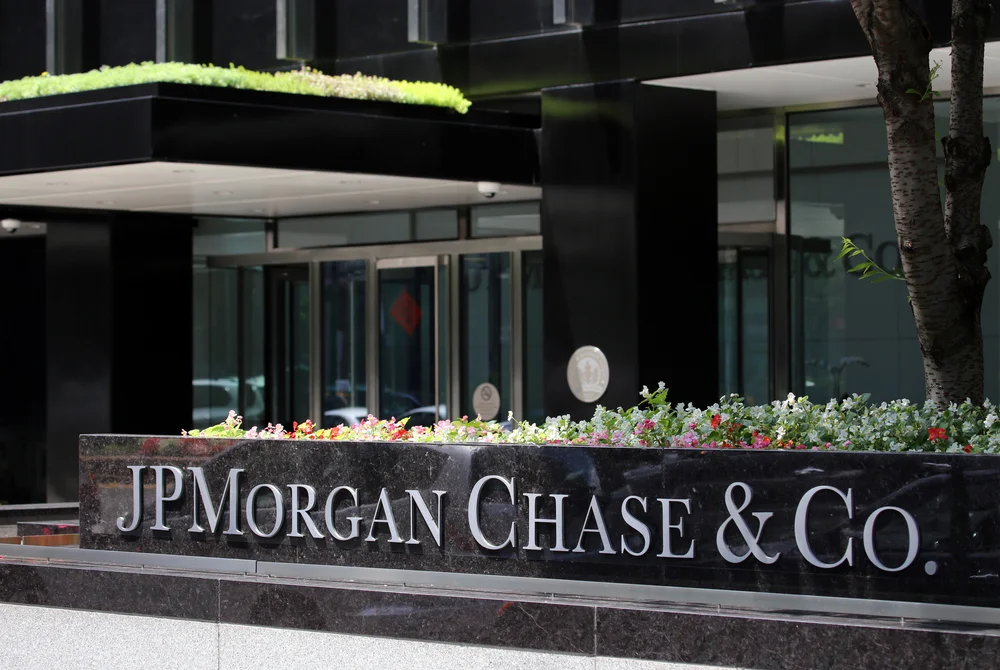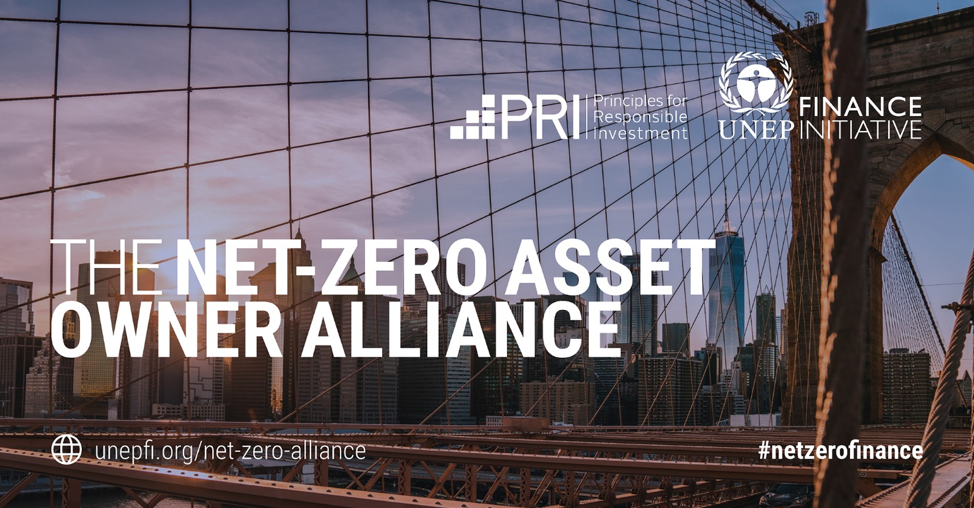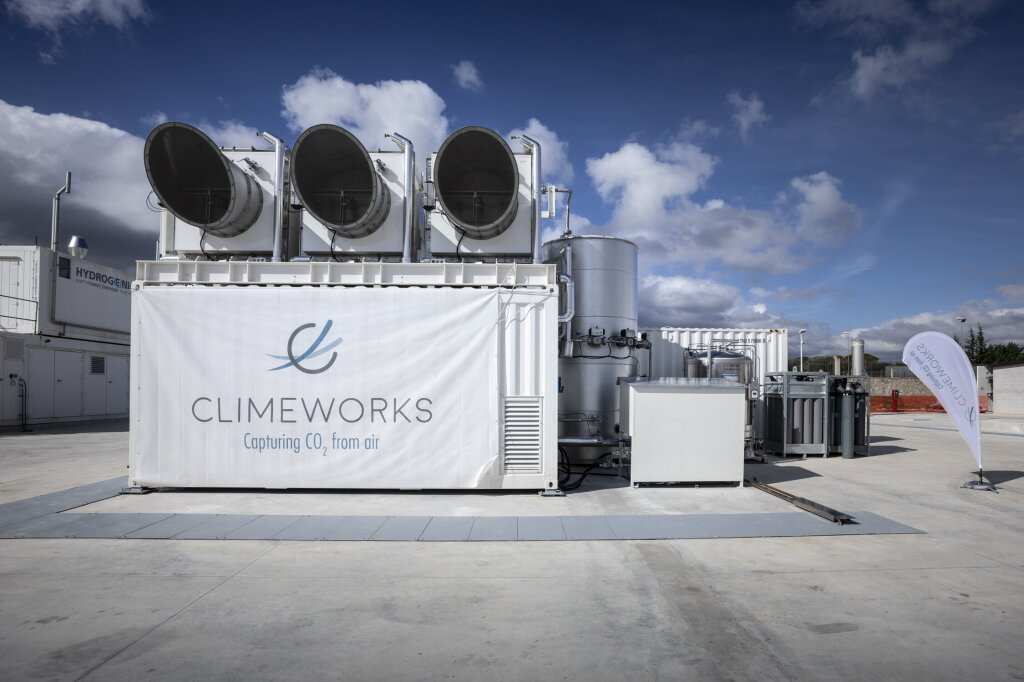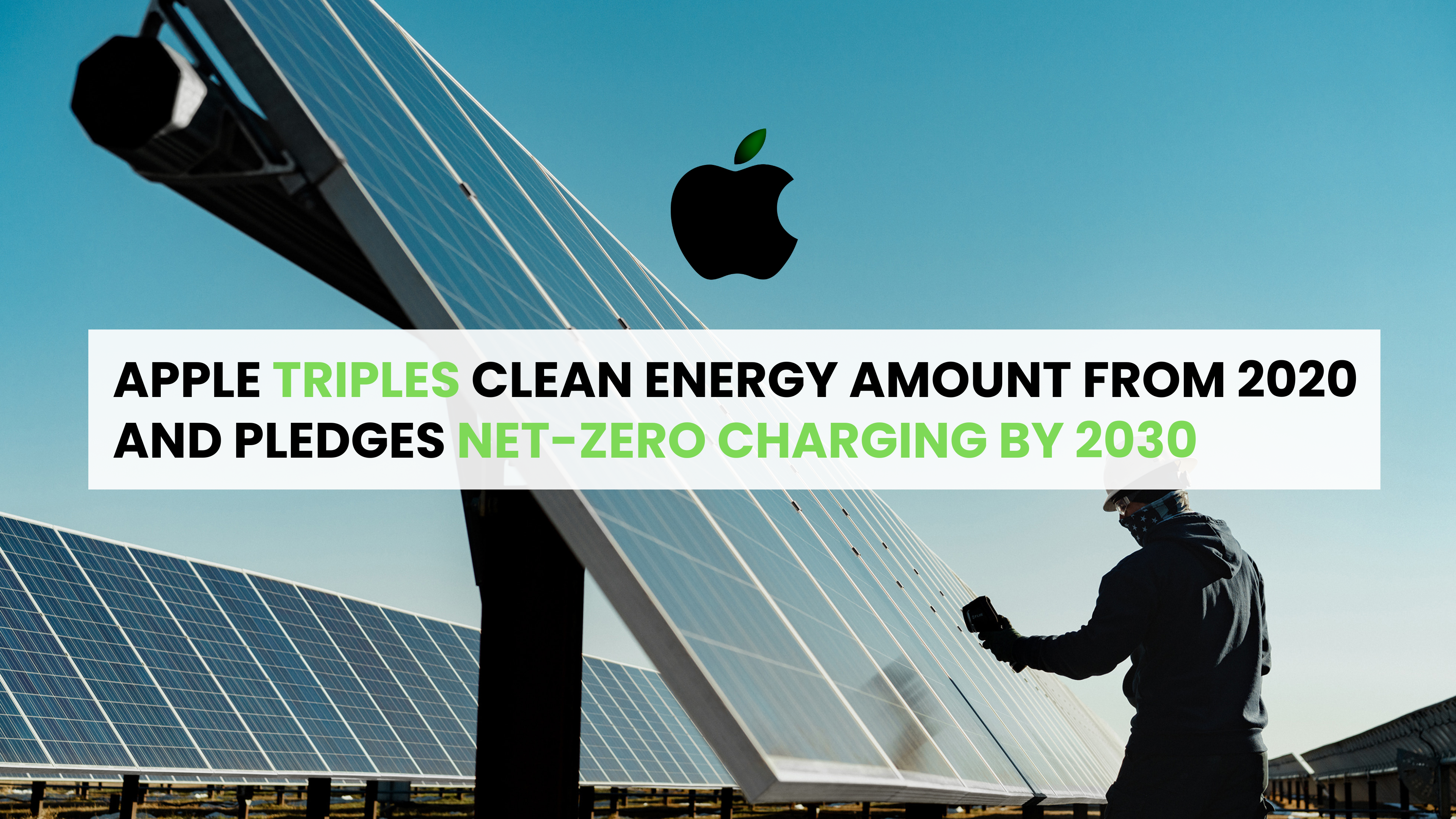McKinsey helps advance racial equity through Black leadership development and more
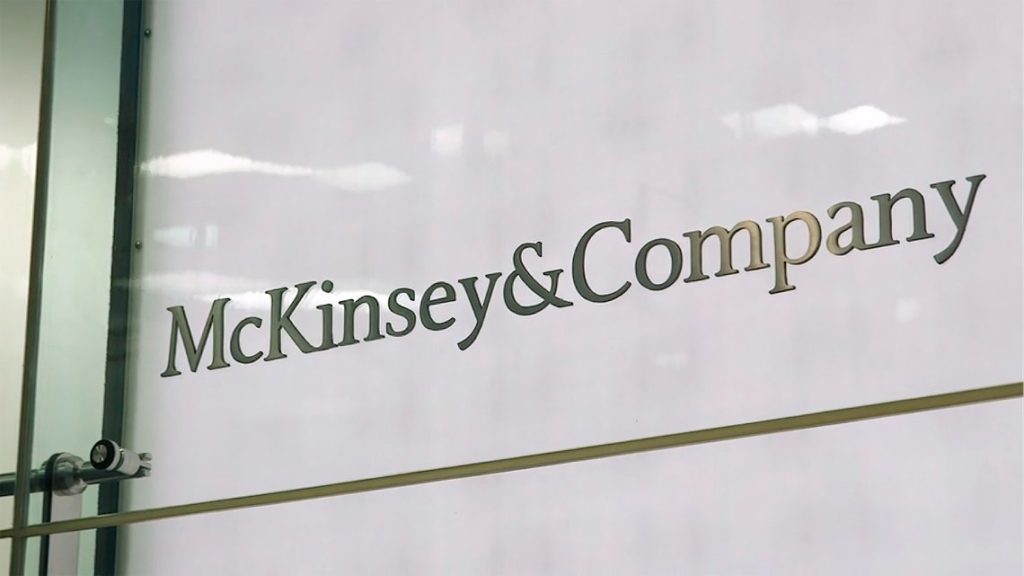
McKinsey released the following statement:
In June 2020, following the murder of George Floyd and the dynamics it sparked across the US, McKinsey announced our 10 Actions, our public commitment towards racial equity and justice.
Over the past two years, more than 400 colleagues across the firm have dedicated countless hours and significant efforts to help turn our commitments into fully functioning operations, programs, and partnerships—with measurable results. Here, we look at the progress on three of those 10 Actions. While there is much more to be done, and we are not yet where we want to be, these examples highlight the progress we have made in the communities where we work and live.
Training 10,000+ Black leaders
In the fall of 2020, we launched the Black Leadership Academy, based on our decades of experience in developing leaders within our firm and for our clients. “We designed two marquee programs to accelerate the careers of Black professionals—one for early-to-mid-career managers and another to prepare senior executives for the C-suite,” recalls Sacha Yabili, a practice manager. “We didn’t know what sort of demand there would be.”
In three months, 10,000 participants enrolled from 300 organizations across North America.
Through topics such as the power of storytelling, leading in a crisis, business fundamentals, and effective sponsorship and mentorship, participants can gain the capabilities, mindsets, and networks to achieve their aspirations.
“The program is pure gold—it’s the first time in my 25-years-long career I’ve been in the same room or Zoom with people who look like me, think like me,” said one participant. “I don’t need to leave my identity at the door.”
Building on this initial success, in 2021 our firm launched the Connected Leaders Academy for Asian and Hispanic and Latino leaders, and for Black leaders based in Europe, the Middle East, and Africa. To date, over 40,000 participants from more than 900 organizations and 15 industries have enrolled.
Developing actionable research
“After George Floyd was murdered, a number of companies asked McKinsey about our perspective on the topic of racial equity and inclusive growth,” remembers Duwain Pinder, a partner. “We had done an initial report on the racial wealth gap, but clearly there was a need for more insight and support for organizations to take action, so we established the McKinsey Institute for Black Economic Mobility.”
Our team of 50 experts and analysts have developed research on 20+ topics to date, helping to shape perceptions, quantify opportunities, and inform initiatives. “For example, we’ve been releasing a series of papers on how companies can serve Black consumers. In particular, we estimated that the bottom-line impact could be $300 billion, and found that Black consumers look for a holistic set of actions from a company—not just a product line or two; they want to know how a company diversifies its operations, supply chain, recruiting, philanthropy.”
The team recently published a report on the state of racial equity in higher education, from 2013 to today. “It showed that despite the narrative that things are improving, in fact, they are not and there’s a lot farther to go,” shares Duwain. In addition, the insights are translated into practical tools, such as CityX, which evaluates racial equity in terms of neighborhood resources.
See related article: McKinsey Experts Bring Sustainability and Inclusion to the Skies
Accelerating the impact of non-profits
In 2020, McKinsey committed $200 million in pro bono work over the next ten years with organizations that are advancing racial equity. We’ve worked with 20+ partner organizations and launched more than 25 projects, engaging over 230 colleagues so far. Here are a few examples.
Juntos
Brazil has one of the largest Black populations in the world: 56% identifies as Black yet only 5% hold management positions. “We wanted to help young Black students advance from university to the workplace,” explains Vijay Gosula, a partner. “We created an annual conference called “Juntos,” which means ‘together’ in Portuguese.” Some 4,000 people have participated in the four events to date—both live and virtual. One attendee reflects: “Juntos was a watershed moment…for the first time, I saw a large group of young Black talent and leaders to inspire me. I connected with several companies and am pleased to work for one of those today. Juntos was my starting point.”
Homeboy Industries
Founded 30 years ago in the heart of Los Angeles, Homeboy Industries is the largest gang intervention and rehabilitation program in the world. It serves 8000+ individuals annually with clinical treatment, education, and workforce development programs.
But Homeboy is more than its programs. “Our model here is family…it is kinship,” explains one participant. “This is what we wanted to help Homeboy reflect in its communications, programming, and talent development model, which was designed to encompass everyone from senior leaders to clients who walked in the door yesterday,” explains Rebecca de Sa, an associate partner, who along with Kyle Nelson, an engagement manager, Bonnie Dowling, an associate partner, and Bryan Hancock, a partner, worked with the organization.
Over the past two years, we have also worked with Homeboy to create roadmaps for their social enterprises, and strengthen their workforce pipeline.
Greater Washington Partnership
With 45 of the largest corporations in the Capital Region, the Partnership’s supply chain network is vast—and offered the potential to help local Black, Hispanic and Latino SMBs grow.
A small team, led by associate partner Danielle Hinton, partner Fiyinfolu Oladiran, and senior partners, Nora Gardner and Scott Rutherford, sized the SMB landscape, interviewing companies to understand how they could fit into existing supply chains, and talked to large businesses about the challenges they faced diversifying their supplier base.
As a result, the Greater Washington Partnership secured a $2.6 billion diverse procurement commitments from its board member organizations, part of a broader $4.7 billion commitment over five years. Then they created a marketplace for sharing data and best practices; and conceptualized a technical assistance approach for the smaller suppliers.
“A powerful motivator was when we presented a ‘case for change’ in the local economy, challenging CEOs to ask each other, ‘Hey, how can we do more?’” recalls Fiyinfolu.

